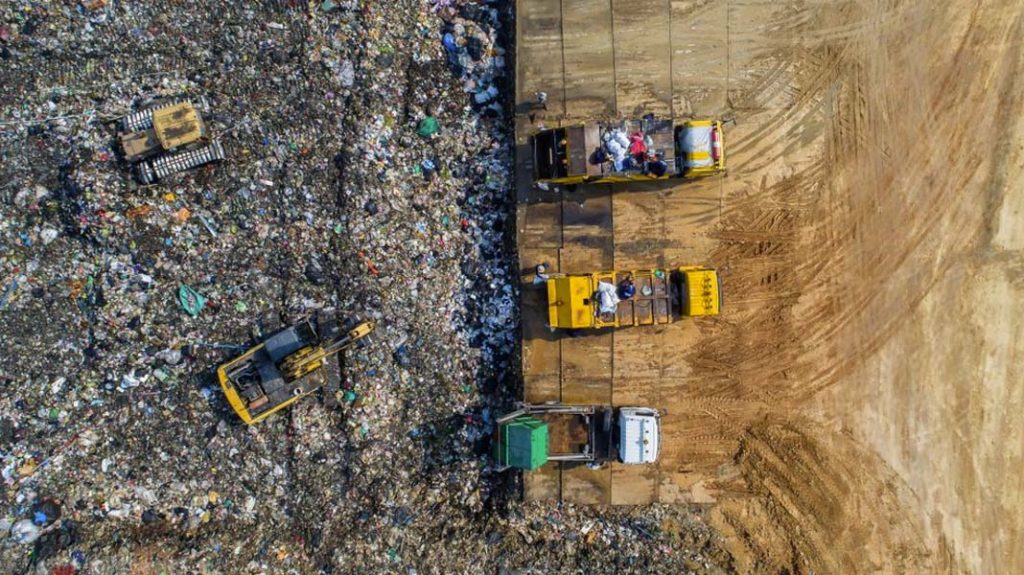

2022/01/06

In response to alarming climate change and environmental degradation, the European Parliament officially endorsed the European Climate Law in June 2021. This law makes the goals of the European Green Deal legally binding, including a 55% reduction in net greenhouse gas emissions by 2030 and total climate neutrality by 2050 — which means the near elimination of industrial waste and landfill. The European Climate Law will soon have a dramatic effect on industrial waste regulations in the EU. New restrictions on the export of hazardous waste have already been enacted and by 2030 there must be a 10 to 11% reduction in industrial waste emissions, a 50% reduction of waste at sea, and a 30% reduction of microplastics released into the environment. Other measures being considered include zero data center heat waste, zero – defect manufacturing, valorization of construction waste, industrial – urban symbiosis solutions, reuse of treated wastewater, and strict tracking of chemicals. The EU is very serious about punishing waste crime as demonstrated by two recent examples. In late 2020, over a hundred arrests were made and €800,000 in assets were seized in response to a European company not properly sterilizing COVID – 19 related waste. In March 2021, 17 EU member states took part in an international operation against marine pollution and arrested 22 suspects with the help of INTERPOL.

Australia is similarly motivated to tackle environmental issues without delay. It is committed to reducing greenhouse emissions to 26 – 28% below 2005 levels by 2030 in line with the Paris Agreement, and has recently passed various industrial waste regulations because about 2% of the nation’s greenhouse emissions come from waste decomposition, treatment and combustion. New industrial waste regulations passed in Victoria, Australia as of July 2021 are the most significant changes to Victoria’s environment regulations in over 40 years. Based on Environment Protection Act 2017, they clearly spell out expectations and penalties for failing to follow them. Companies that generate, transport or receive industrial waste must classify it, ensure safe containment during transport, and deposit or receive it at authorized facilities. Waste classification is based on a list of pre-classified materials or a specified protocol.
For hazardous waste, stricter rules and additional requirements apply. For example, certain types of waste can only be transported with government permission, the government must be informed when such waste changes hands, and such waste can only be delivered to authorized facilities with their prior permission. Companies that mismanage industrial waste face various severe penalties. If the waste is not delivered to authorized facilities, for example, the company can be fined up to $413,050. Guilty individuals can also be fined up to $82,610. Repeat offenders face even stricter penalties including imprisonment of company directors for up to two years.
China banned the import of solid waste at the beginning of 2021, claiming that dirty and hazardous substances mixed in with the waste was seriously polluting its environment. The ban is already having a significant impact on companies that relied on China for industrial waste disposal. China had been a major destination for industrial waste for 40 years and was the world’s largest importer of solid waste by 2018. Foreign companies saved money by exporting industrial waste to China instead of meeting stringent local environmental regulations. Shipping companies profited by carrying waste to China and returning home with Chinese products. And China benefited from the availability of cheap material for the manufacture of products. But the country now plans to recycle more domestic material and reduce dependence on imports. Companies that relied on China for industrial waste disposal are finding other solutions such as exporting the waste to other markets, recycling it at home, or purifying it enough to meet China’s strict new import requirements (99.5% purity levels for waste paper, etc.). Companies that attempt to bypass the new laws by carrying solid waste to China or importing solid waste to China must return the waste to the country of origin and pay heavy fines of between $71,000 and $710,000.